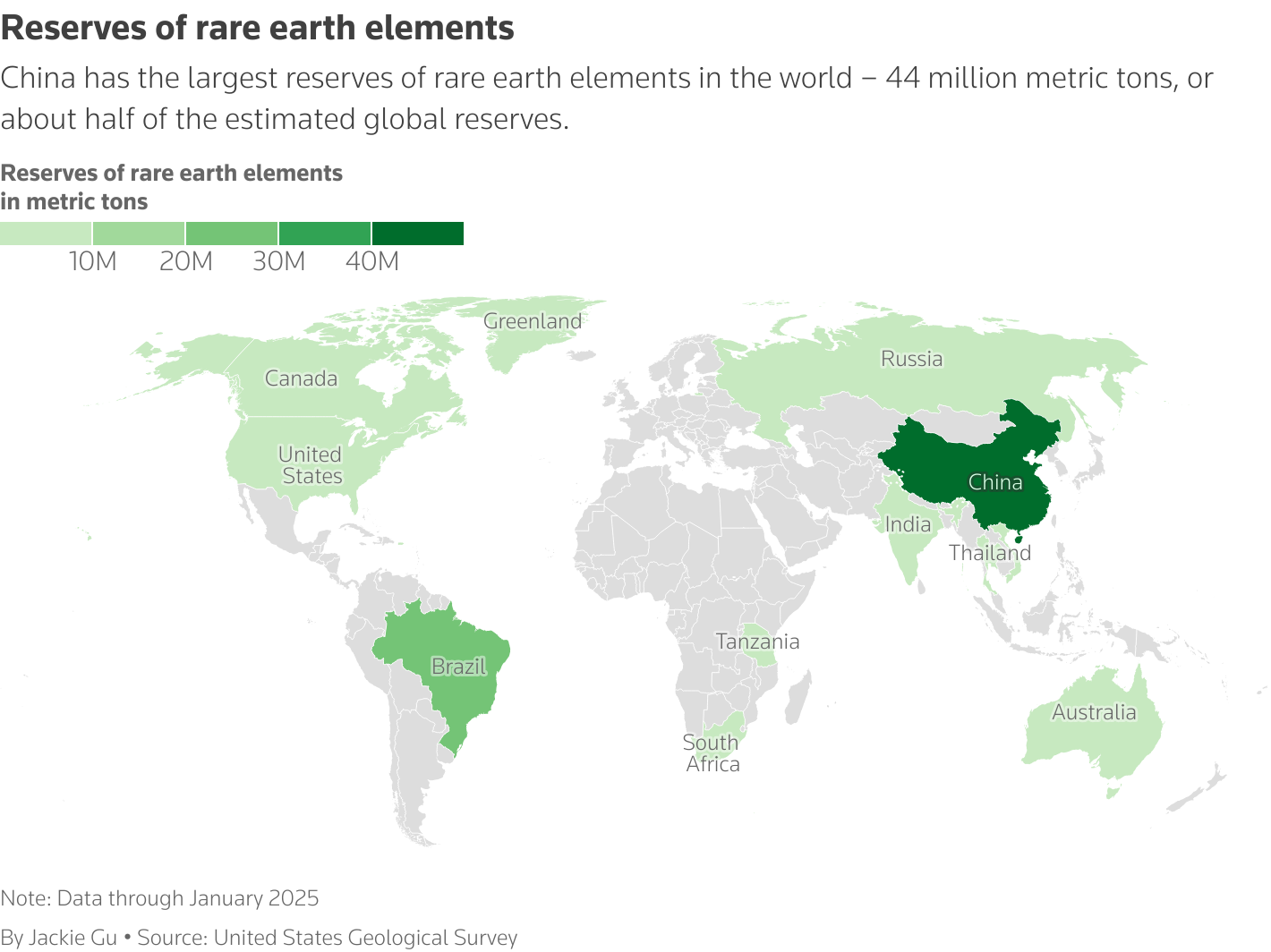Week-end Wrap – Political Economy – June 1, 2025
by Tony Wikrent
Strategic Political Economy
Why Are They Trying to Kill Us?
Conor Gallagher, May 28, 2025 [Naked Capitalism]
For all the talk of how incompetent our elites are, there’s one area where they show remarkable skill and determination: relentlessly creating conditions to shorten the lifespans of the disabled, poor, and working class.
Let’s look at just a few of the many examples before examining potential reasons it’s becoming so much more brazen.
In the US, policies to hurt the working poor and disabled are nothing new, but they’ve exploded in scope in recent years. Elites have collectively memory-holed an ongoing pandemic that has thus far officially killed more than 1.2 million (although that number is likely much higher), disabled many more, and fallen disproportionately on the working class and disabled….
The US official line is now openly that such weak people simply aren’t worth the investment….
In the telling of RFK Jr. and friends, public healthcare coddles the weak, which is real soft Nazi stuff. As Derek Beres puts it:
By avoiding discussion of education, employment, social support networks, economic status and geographic location – the social determinants that public health experts agree influence health outcomes – Kennedy, in lockstep with top wellness influencers, is practicing soft eugenics.
But let’s not forget that the Biden administration was in some cases outdoing the current one….
The cuts to disability benefits will decimate quality of life, erode services, and lead to earlier deaths, but that appears to be the point. Again, though, this is nothing new. A report published last year by the Institute of Health Equity at University College London, finds that between 2011 and 2019, 1,062,334 premature deaths were recorded among individuals living outside the wealthiest 10% of areas in England mostly due to poverty and austerity measures….
What is central to all these Western countries? Neoliberalism. Is it surprising that an ideology that says markets are more important than people would completely hand over social policy to the wealthiest and embrace eugenics?….
Republican Senator to Medicaid Cuts Protesters — ‘We’re All Going to Die’
[Newsweek, May 30, 2025]
During a tense exchange with protesters at a town hall, Republican Senator Joni Ernst of Iowa responded to concerns over potential Medicaid cuts by declaring, “Well, we are all going to die.”
YouTube video
www.youtube.com/…
GOP’s Latest Pitch for Gutting Medicaid and Food Aid? ‘Well, We All Are Going to Die’
Jake Johnson, May 30, 2025 [CommonDreams]
“We’re at the point where a U.S. senator is saying healthcare and hunger don’t matter because we all die eventually.”
Musk’s Legacy of Death vs the Rising Movement for Life
William J. Barber, II and Jonathan Wilson-Hartgrove, May 30, 2025 [Our Moral Moment w/ Bishop William Barber & Jonathan Wilson-Hartgrove]
…DOGE is a scam, but its consequences are real. According to research at Boston University, more than 300,000 people have died because of the careless cuts Musk made to the USAID program, decimating US investment in fighting hunger and disease around the world….
… we know every lie has its limits in a universe that is held together by truth. No lie can live forever, just as no tyrant can abuse power without eventually facing consequences. People can be deceived. We can be distracted. We can even be self-absorbed. But when death draws near enough to touch us, people also have an innate instinct to live.
This is what we see: life is rising up in people to cry out for life.
That’s what we hear in the graduation speeches that are calling young people to stand for truth and in the judicial decisions that are making clear that Trump’s abuse of power is illegal. Life is rising up to cry for life in protests and direct actions, in legal motions and in petitions to members of Congress. At Moral Mondays in DC, which will continue this coming Monday, June 2nd, we’ve witnessed life welling up in people who refuse to accept the unnecessary death.
How do we stop the lie? This is the question we hear most these days. It’s at the center of our prayers. This is what we know: we stop the lie by standing with the people who are most directly harmed by it….
According to the Public Religion Research Institute’s Robert P. Jones, who publishes on Substack at White Too Long, “If you look at the population as a whole, only 30% of American adults cast a vote for Trump in 2024. There’s no legitimate way to read this election as a blank check for the destructive attacks on our nation’s basic values and institutions.”….
This dashboard visualizes the human impact of funding changes for aid and support organizations.
[impactcounter.com, via Our Moral Moment]
Deaths caused by Funding Discontinuation
99,639 Adult Deaths
207,911 Child Deaths
Deaths Per Hour 103
A Storm in the West: The Liberal Intellectual Paradigm Is Broken
A. Crooke [Conference paper, via Naked Capitalism 05-25-2025]
…The real action in the US is not happening in seminars at Brookings or in op-eds in the New York Times. It is happening backstage, out of sight; beyond the reach of polite society, and mostly off-script. America is undergoing a transformation more akin to what befell Rome in the age of Augustus. Which is to say, the main happening is the collapse of a paralytic élite order, and the consequent unfolding of new political projects….
Trump not violating any law
‘He who saves his Country does not violate any Law’
Trump Stuns By Saying ‘I Don’t Know’ When Asked Directly NBC’s Kristen Welker ‘Don’t You Need to Uphold the Constitution?’
Joe DePaolo, May 4th, 2025 [mediaite.com]
By Calling More Than Half the Country ‘Scum,’ Trump Is Raising a Bright Red Flag
Thom Hartmann, May 27, 2025 [Common Dreams]
When political leaders use dehumanizing language to vilify their opponents, they’re in actuality laying the groundwork for authoritarianism, repression, and violence.
Read More
 What a lot of people don’t know is that the aid ship Greta was on wasn’t the first ship sent. The last one didn’t get to Israel either, but because there were no major celebrities on it, most people who aren’t 24/7 news or Gaza obsessives don’t know it even existed.
What a lot of people don’t know is that the aid ship Greta was on wasn’t the first ship sent. The last one didn’t get to Israel either, but because there were no major celebrities on it, most people who aren’t 24/7 news or Gaza obsessives don’t know it even existed.
